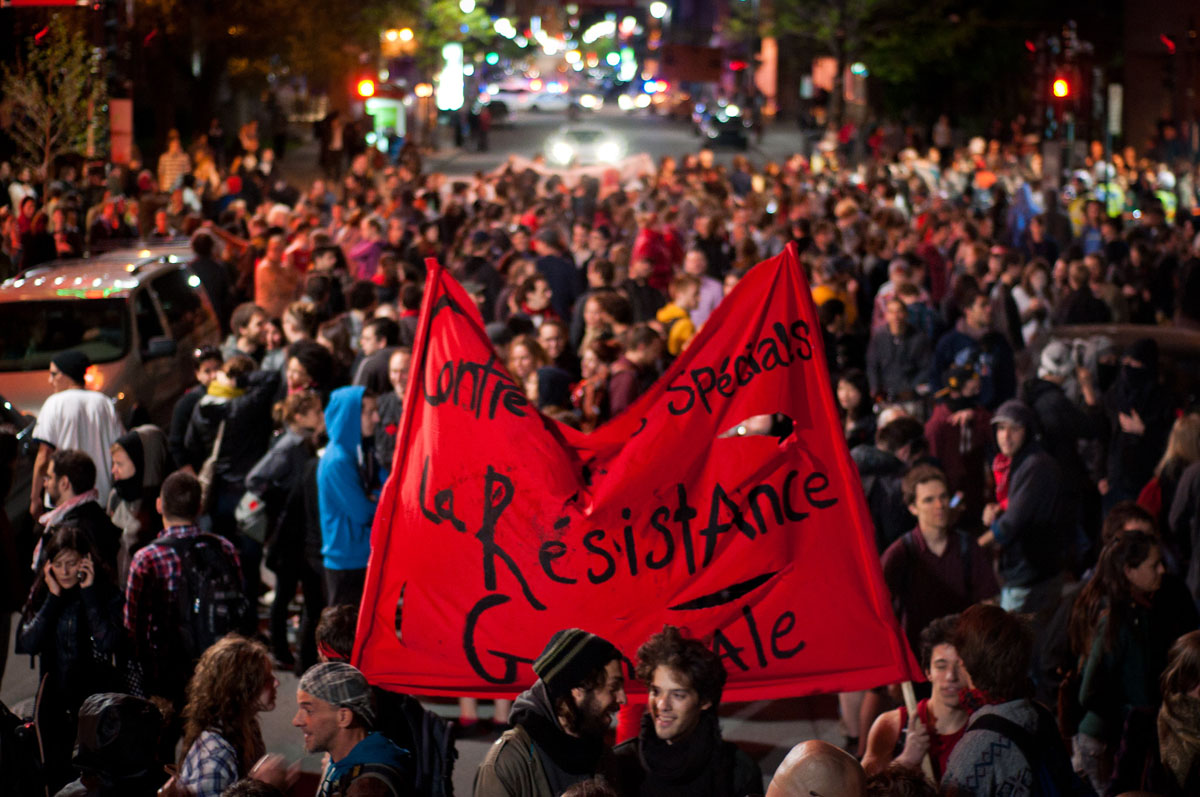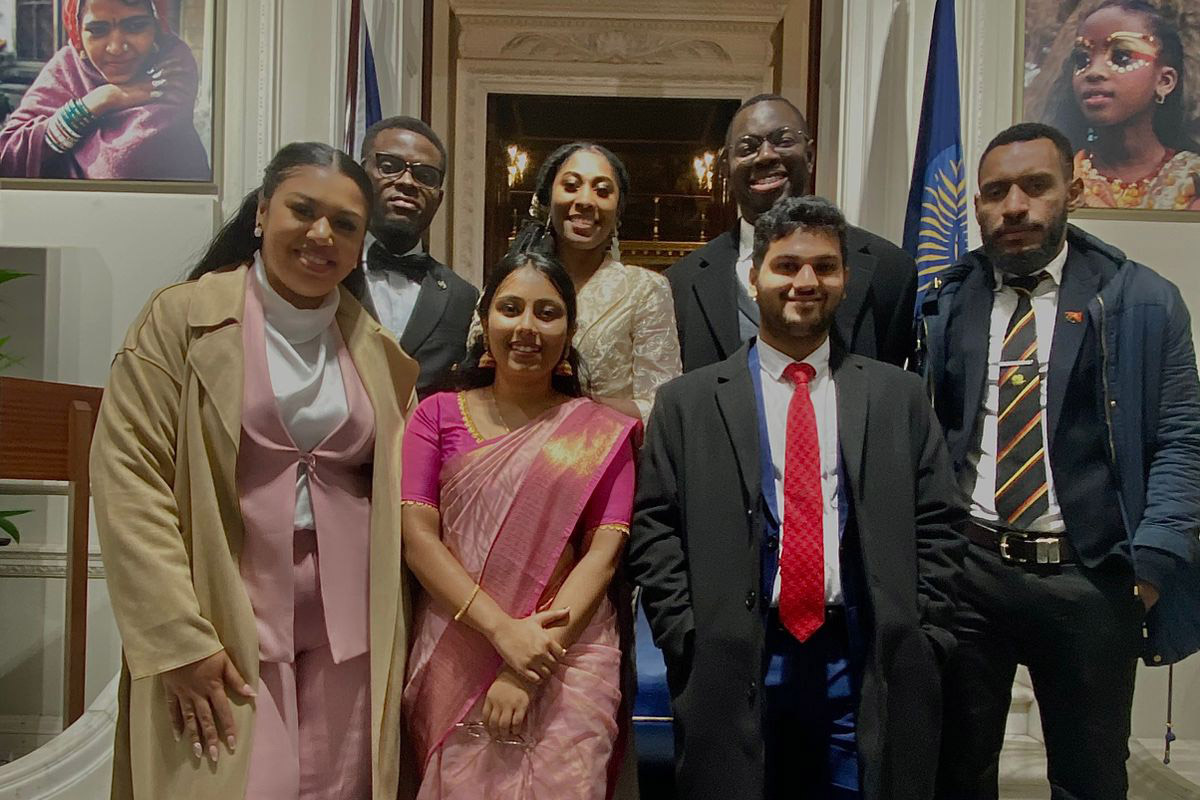Canadian youth not maximising opportunities to be politically engaged
August 9By Ian Xu
Any survey of recent Canadian history will reveal that Canadian youth haven’t had much impact on politics and civil society compared with the rest of our demographic elsewhere.
This really shouldn’t be the case – democracies like ours are literally built on citizen participation. Besides, unjust, consequential discourses and practices often take root in the absence of committed civic involvement.
In other parts of the world, youths are often at the forefront of political change:
The Young Socialists in Germany is the youth wing of one of the country’s dominant political parties, with a peak membership of 300,000 in the 1960s. In recent years, they’ve been able to maintain a roster of over 70,000 eager visionaries agitating for progressive change. With the actual Socialist Party being in power intermittently for the past century, the sheer size of this youth group has enabled young people to have a significant say in national decision-making.
The American Civil Liberties Union, a group that has long fought for rights and freedoms in the United States, has numerous opportunities for students in its tireless advocacy work. The organization has found strength and continuity in building a membership of dedicated young activists who have historically been on the frontline against discrimination in the United States.
Youth-led protest movements in Southeast Asia protesting government policy have managed to garner global attention to their perspectives. I’d be amiss in elaborating further without mentioning other movements in Hong Kong and Myanmar. Cynicism and pragmatism haven’t yet deluded young people in this region of the world, in spite of the brutal crackdowns that have characterized some states’ response to protests.
We do have to acknowledge the fact that these movements see mass participation because the idea of participation is more entrenched in their respective countries’ social consciousness. That isn’t to say Canadian youth can’t replicate their successes, or that we should feel inclined to make excuses defending our status quo. As it stands, there actually are many pre-existing opportunities that allow Canadian youth to make an impact.
Some government agencies have set up youth councils with the objective of having the youth voice their opinions on the associated agency’s policy. From the Prime Minister’s Youth Council to the Royal Canadian Mounted Police National Youth Advisory Council to municipal youth councils, these bodies exist at every imaginable level of government.
Another way to get involved is by joining any political party’s youth wing. If a party’s platform strongly resonates with you, you can reach out to like-minded peers in your community and establish a youth chapter to promote the party’s vision. The party’s constituency association would almost certainly love to help you engage with your demographic and spread the party’s message. Plus, you could likely have voting membership in the actual party, which would allow you to help decide who the next prime minister or premier of your province could be through a party vote—even if you can’t vote in an actual election.
If you’re strongly passionate about an issue that can’t be solved directly in the ways mentioned above, why not join an advocacy group? Better yet, why not create one? In fact, Canadian history has shown that such movements can achieve desirable outcomes. In 2012, after Quebec Premier Jean Charest proposed a 75 per cent province-wide university tuition hike over the course of five years, hundreds of thousands of students took to the streets of Montreal to voice their displeasure. Charest ended up losing the premiership in an election that he called in the following months, and Quebec university tuition now only increases by a few percent each year.
Canadian youth are lucky to not only have political spaces to participate in, but also access to vehicles that make it easier to instigate change. We all owe it to each other and indeed ourselves to be politically-engaged; there isn’t any better time than the present to get involved.






